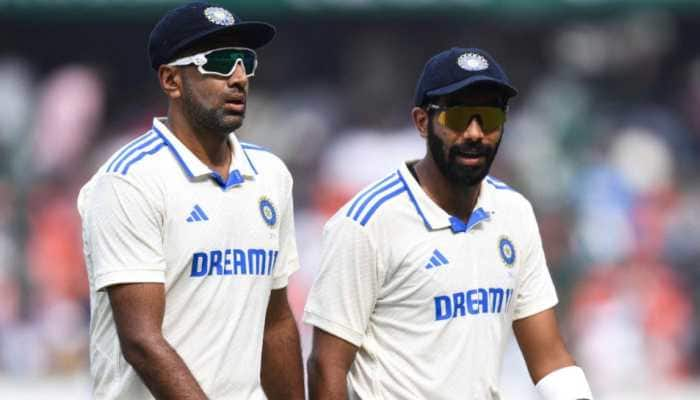3rd COVID wave can happen in 6-8 weeks if...: Here's what AIIMS doctor Randeep Guleria said
The Centre has asked states and Union territories to step up vaccination and open up activities in a carefully calibrated manner, as it expressed concern about crowding in markets and other places following the easing of curbs.
Trending Photos
) File photo
File photo NEW DELHI: AIIMS Director Randeep Guleria on Monday (July 19) warned that the third wave of COVID-19 can happen in six to eight weeks if COVID-appropriate behaviour is not followed.
"Until a sizeable number of the population are vaccinated, COVID-appropriate behaviour needs to be followed aggressively," Guleria said and stressed on the need for stricter surveillance and area-specific lockdowns in case of a significant surge. He added that 'if COVID-appropriate behaviour is not followed, the third wave can happen in six to eight weeks.'
"We need to work aggressively to prevent another large wave till vaccination kicks in," he was quoted as saying by PTI.
Earlier, India's epidemiologists had indicated that a third wave of COVID-19 is inevitable and is likely to start from September-October.
The Centre has asked states and Union territories to step up vaccination and open up activities in a carefully calibrated manner, as it expressed concern about crowding in markets and other places following the easing of curbs and an expert warned that the third wave can hit India in six to eight weeks if COVID-appropriate behaviour is not followed. States and UTs have also been urged to ensure the extremely important five-fold strategy of COVID-appropriate behaviour, test-track-treat and vaccination is followed to prevent a relapse.
India was hit by a brutal second wave of the COVID-19 pandemic in April and May, claiming a large number of lives and forcing almost all states and UTs to imposed lockdown or other curbs.
"With a decline in the number of active cases, many states and UTs have started relaxing restrictions? However, easing of restrictions in some states, has led to resumption of crowding of people in markets etc., without adherence to the norms of COVID-appropriate behaviour," Union Home Secretary Ajay Bhalla said in a communication to all states and Union Territories (UTs). Bhalla said while the opening up of activities after decline in cases is essential, states and UTs must ensure that the whole process is 'carefully calibrated'.
He further stated that vaccination against COVID-19, in the present scenario, is critical to breaking the chain of transmission. Therefore, all state and UT governments should step up the pace of vaccination, to cover maximum number of people in an expeditious manner, he said. "While opening up, it would be extremely important to follow the five-fold strategy of COVID appropriate behaviour, test-track-treat and vaccination," he said.
"It is, therefore essential to ensure that complacency does not set in, and there is no let-up in adhering to COVID-appropriate behaviour, while opening up activities," the Home Secretary said.
The home secretary said regular monitoring of COVID-19 appropriate behaviour is required to prevent relapse. To reiterate, COVID-appropriate behaviour includes mandatory use of masks, hand hygiene, social distancing and also proper ventilation of closed spaces, he said.
Bhalla said to contain the spread of the infection on a sustainable basis, it is necessary to continue the strategy of test-track-treat. It may especially be ensured that the testing rate does not come down, he said.
As the situation is dynamic, a close watch needs to be kept on early signs of a surge in active cases or high positivity rates, he said.
Stay informed on all the latest news, real-time breaking news updates, and follow all the important headlines in india news and world News on Zee News.
Live Tv







)
)
)
)
)
)
)
)
)
)
